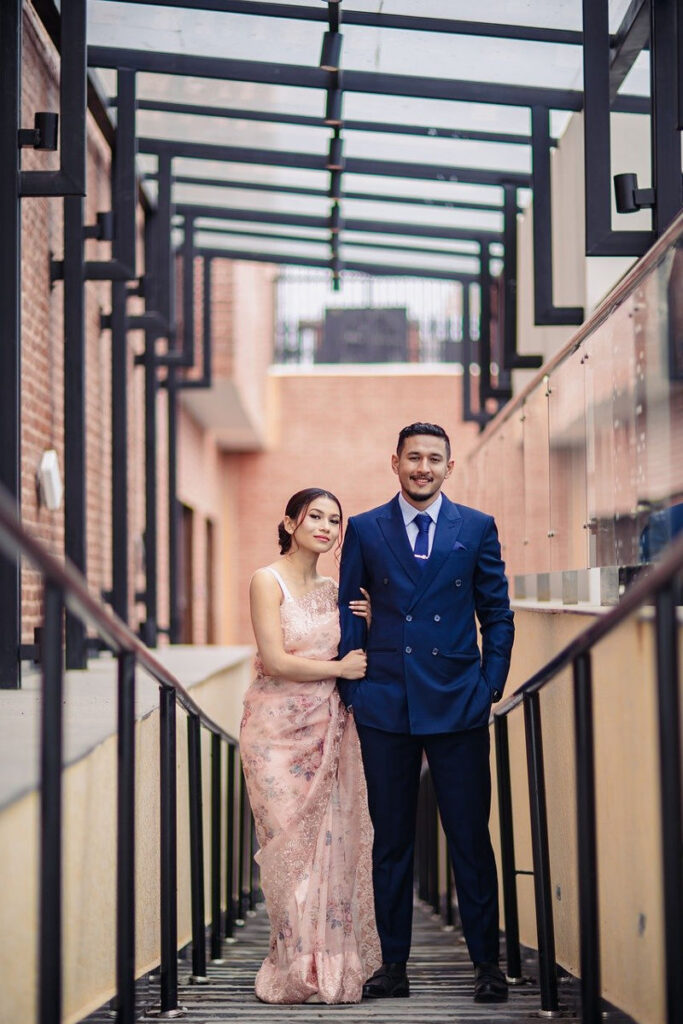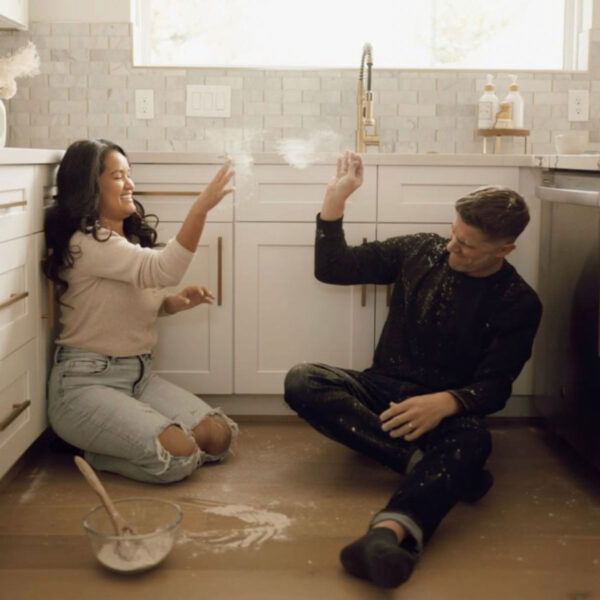
Your Attachment Style Impacts Your Relationships
Do you know what your attachment style is? Have you ever found yourself saying, “I always pick the wrong person to date!” Well, you’re not alone. Your entire life is a combination of experiences that has led you to where you are today.
We are all born with our own innate qualities that develop through childhood and continue into our adulthood. But what the heck happens in that process? What has made us into the people we are today? To give an overarching answer- it’s our environment. However, when we take a closer look at our environment or system, we can see that it is comprised of our parents/caregivers, friends, school, work, religion, etc. etc. The attachment or experience we have with each one of these has morphed us into who we are today.
If I were to ask you right now, as you’re sitting here reading this blog post, “what are you like in a relationship?” What would you say? Are you more stand-offish? Do you like to play hard to get? Do you like to pursue your love interest? Are you constantly checking your phone to see if they messaged you? Are you interested in them and then all of the sudden not interested at all? Well, these are all responses to your own unique attachment style.
Our parents/caregivers, take part in developing our attachment style. So now let me ask you this- what type of relationship did you have with each parent individually? Was one parent more caring than the other? Were they hard on you? Did they “love” you too much? How did they discipline you? Too harshly? Not enough? Were they present? How did they handle you being upset? This is how your attachment style formed.
There are 4 types of attachment styles in adulthood:
1. Secure Attachment
2. Anxious Preoccupied Attachment
3. Dismissive Avoidant Attachment
4. Fearful Avoidant Attachment
The initial step to understanding why “I always pick the wrong person” is to identify and recognize your attachment style first. For example, if you answered “No” to my question on “were your parents present while you were growing up?” you might have developed either a Dismissive Avoidant Attachment, or Anxious Preoccupied Attachment. A DA and AP (abbreviated) attachment style oftentimes occurs in a chaotic upbringing.
For example, if your parents were not present (whether physically or emotionally) during your childhood, you may have decided that being close to someone is not worth it, and it’s better to be emotionally distant as to not get hurt (DA). This has led you to be more distant in relationships. On the other hand, you might have developed more of an “emotional hunger” towards people, which may have been caused by the emotional deprivation of your parents (AP). This then led you to become more the more pursuing one in relationships.
Closing Thoughts
No attachment style is “healthy” or “unhealthy,” but the question becomes, “is it sustainable?” If you’re dating someone with the same attachment style as you, great! You most likely will not have too much to be concerned about in terms of feeling safe and heard in your relationship. Now, what happens when a Dismissively Avoidant attached individual dates someone that is Anxiously preoccupied? Then we have a conflict. Could these two people work in a relationship? Absolutely. How? They both have to communicate their needs, and be able to respect each other’s boundaries.
If you are interested in learning more about this, or would like to work with a therapist that specializes in this, contact us or book an appointment.





Leave a Reply